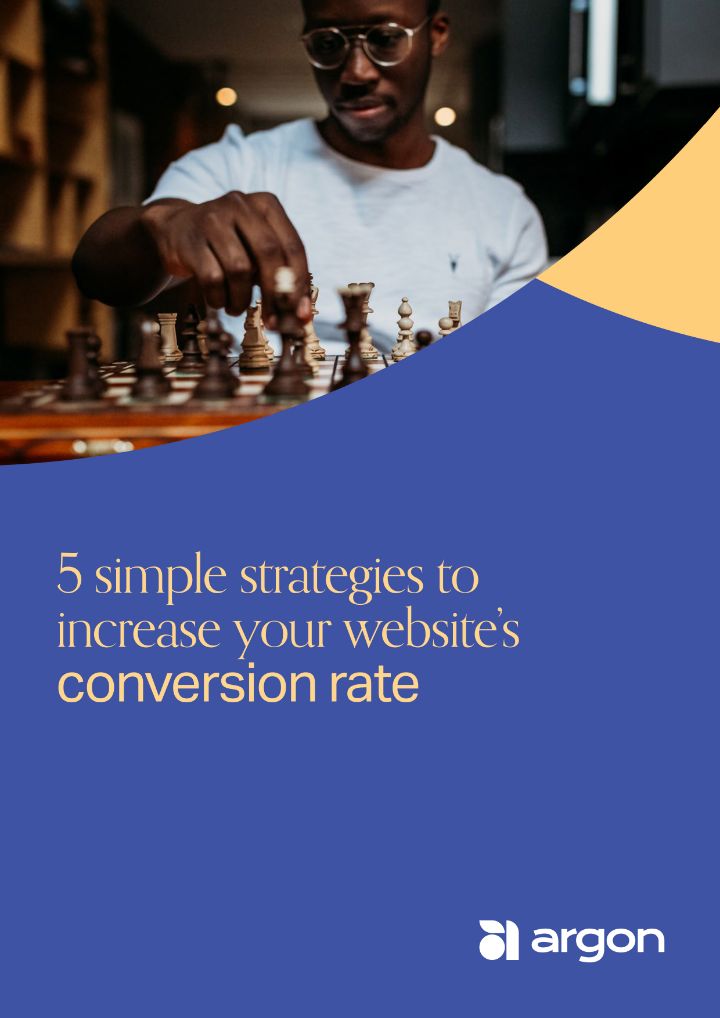Is content produced by ChatGPT plagiarism-free?

Thinking about using OpenAI’s ChatGPT to power your website content and blogs? Wondering if it’s okay for you to get ChatGPT to write your content to save time?
You’re not alone.
Many businesses are turning to AI such as ChatGPT to help them prepare their content, especially regular content such as topical blog posts.
It’s understandably tempting. Just write a prompt for ChatGPT to prepare a 400, 500, or however-many-word article you require on a specific topic then watch the AI spit it out in seconds. Copy, paste, and voila—you’re done!
But what are the risks?
Is the content produced by ChatGPT free of plagiarism?
The short answer: no.
You only need to ask ChatGPT itself!
When we asked ChatGPT to provide a one-word answer to the question ‘Is ChatGPT plagiarism-free?’ the response was ‘No’.
In fact, we asked it 20 times and 19 answers were ‘No’ and, surprisingly, one was ‘Yes’.
While the majority were ‘No’, implying ChatGPT can produce content that isn’t plagiarism-free, the one ‘Yes’ is a further reminder of ChatGPT’s imperfect nature—the content it produces should always be scrutinised and rigorously fact-checked.
ChatGPT isn’t designed to plagiarise, but it still can.
When we asked ChatGPT whether it ‘copies and pastes’ information it’s been trained on when generating responses, it told us: “No, I do not copy and paste content that I’ve been trained on. Instead, I generate responses based on the patterns and information present in the data I was trained on.”
But when pressed about the possibility of accidental plagiarism, the response was: “Yes, it is possible for responses generated by me to unintentionally resemble existing content or be similar to information available in the data on which I was trained.”
The response went on to further confirm that there could be times where the text generated by ChatGPT could be similar to pre-existing content.
According to ChatGPT itself, it can accidentally plagiarise content it was trained on.
Business owners should therefore be wary about simply copying and pasting content produced by ChatGPT as there is the risk that such content could be similar to content created by third parties—potentially giving rise to concerns of plagiarism.
With AI-powered content still a relatively new kid on the block, this may change over time … but the jury is still out.
Indeed, 17 authors including George R R Martin (A Game of Thrones) are suing OpenAI for copyright infringement—they’re alleging the company illegally trained ChatGPT with copyrighted works without consent.
It’s not the only case of its type, and comes at a time when Amazon is being plagued by a swarm of self-published novels and rip-offs written by AI.
Other AI platforms such as Midjourney, which produces visual art from text prompts, are also being challenged by legal action and largely in an effort to ensure they’re not taking advantage of flesh and blood artists—a noted concern being the ability of AI to produce art in the unique style of individual creatives, with the AI having been trained on their original art without consent or compensation.
Where does this all leave us? In uncharted waters.
AI power has now been unleashed. It’s out of the box and we can’t put it back in, so it’s here to stay—and the technology is only going to improve from here.
The possibilities and efficiencies such cutting-edge AI technologies offer must be tempered against valid concerns of plagiarism and copyright issues, both in terms of the consent around copyrighted materials used to train AI and who owns the copyright in the results produced by AI—is it the AI, is it the company that created the AI, is it the person who owns the material the AI was trained on, or is it the person who inputs the prompt?
While legal test cases may produce some answers to the above and perhaps lead to more protections for creatives and copyright holders, the future is unclear but, glass half full, it’s also exciting.
AI can be a powerful ally when wielded with care.
AI tools like ChatGPT can be incredible time-saving resources. They can assist with brainstorming and ideation and be a helpful starting point to fuel further research and work.
From a marketing perspective however, original content in your unique brand voice is the key to growth and success.
While AI is likely to have a place assisting with the preparation of such content, it shouldn’t be relied on wholly and solely. This is especially true if you want engaging, personal, or creative content that also aligns with an SEO strategy—meaning your content should be well written, include thoroughly researched keywords, and be optimised for search engines to drive more traffic to your website.
At Argon, we offer a wide range of content creation and SEO copywriting services from our in-house team of wordsmiths. Contact us on 08 8223 3099 or email info@argon.com.au to find out how we can help grow your brand.
Let's start a conversation
Contact us today if you have any questions or would like to start the journey. Our friendly and experienced team are here to help!

